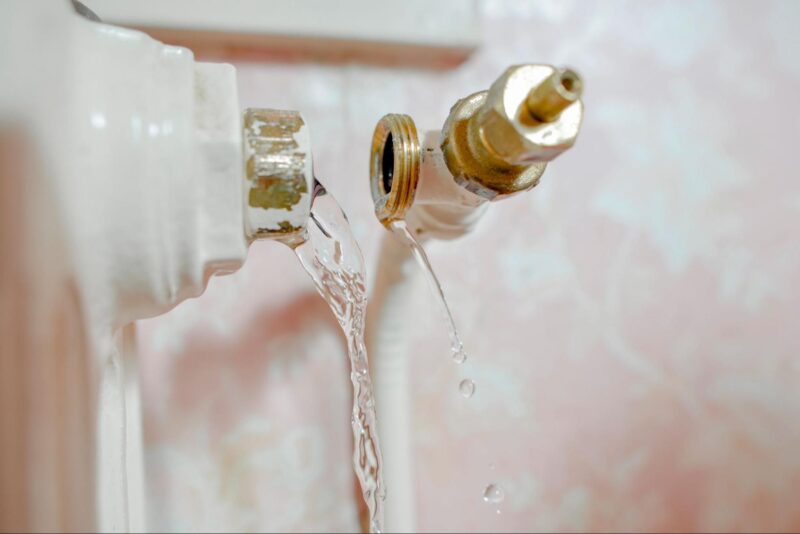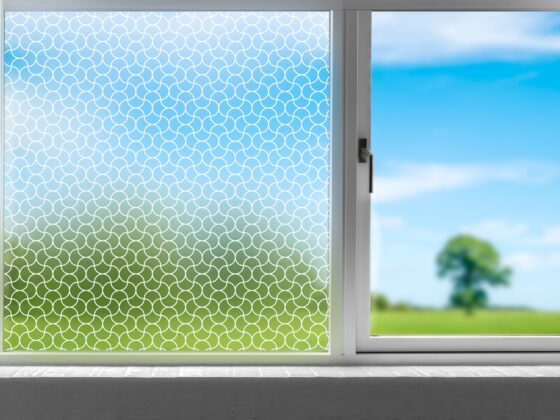The plumbing system is one of the most integral parts of our homes that frequently goes unnoticed. The importance of a well-functioning plumbing system becomes evident, often abruptly when something goes wrong. An overlooked leak or an ignored clog can turn into a full-blown disaster, leading to severe damage that is both costly and time-consuming to repair. These are analogues to silent termites gnawing at the very foundations of our homes. While less visible than other aspects of home maintenance, preserving the health of your household’s plumbing system is paramount.
Addressing plumbing issues promptly, entirely and efficiently is not just about preventing the persistent drip of a tap or ensuring the toilet flushes correctly. It’s about pre-empting the potentially significant long-term damage and impressive costs associated with severe plumbing problems that might very well lurk just around the corner. This article aims to highlight the critical plumbing issues that can arise, why they require your immediate attention, and what can happen if they’re overlooked.
Attending to these plumbing issues in their early stages offers several notable benefits – major cost savings, extensive safety improvements, and more efficient water usage overall. Equipped with a better understanding of these plumbing pitfalls and some basic knowledge, you have the power to keep your home free of serious plumbing complications.
Leaky Faucets and Pipes
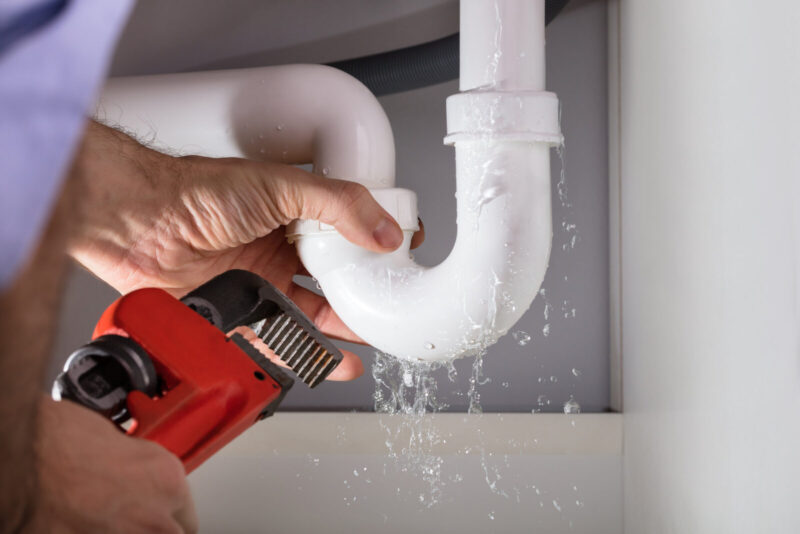
One of the most common, yet frequently downplayed plumbing problems, is the presence of leaky faucets and pipes. Recognisable by the persistent sound of dripping water or a pool collecting under a pipe, the leaks might seem superficial at first glance. However, even the smallest leak can compound into a much larger issue affecting both your wallet and your household’s environment.
Essentially, the residual effects of consistent leaks equate to a painfully significant waste of water over time. According to Australia’s The Nature Conservancy, a single dripping tap can waste up to 20,000 litres of water a year – enough to fill a small swimming pool. Combine this with rising water bills, and that ‘minor’ leak suddenly evolves into a glaring problem that cannot be ignored.
Leaky faucets and pipes also pose a risk to the structural integrity of your home. Persistent water often provides the ideal breeding ground for mould growth and wood rot, which can eat away at the structure holding up your home. The damp conditions created by leaks can also attract pests into your home – an additional headache that nobody wants to deal with.
Ignoring signs of leaks in the belief you could handle them later often leads to exacerbating the issues, majorly impacting the home environment, structural integrity, and finances. Addressing a leak in its initial stages can save a lot of future grief. Regularly inspect the visible pipes, faucets, and fixtures in your home to ensure they are not dripping and there aren’t any pools or damp spots that might indicate a hidden leak.
When a leak is significant and complex, it’s time to involve a professional plumber. Enlisting their help can provide a thorough solution, ultimately avoiding the repetitive cycle of leak-fix-leak. Their expertise and special tools can adequately address the plumbing problem, securing your home against further leak woes.
Clogged Drains and Toilets
Another prevalent pain in household maintenance is the obstructed drains and toilets. While slow drainage, unusual noises, or pungent odours might appear to be nothing more than a day-to-day inconvenience, these issues could potentially lead to laborious and costly clean-ups if left unattended.
Clogged drains and toilets are commonly caused by everyday items and waste – hair, cooking grease, food residues, wipes, and other foreign objects accidentally caught in the drainage system. When these items become lodged in your pipes, they can cause significant obstructions and, sometimes, even complete blockages, leading to backed-up sinks or overflowing toilets. The result – is a significant mess to clean up and, in some cases, water damage to your home.
In cases where the water overflows, not only can it spoil furniture and flooring, but it also raises the humidity within your home, leading to the potential growth of mould. This kind of environment can adversely influence the health of your household, particularly those with respiratory conditions such as asthma.
The silver lining here is that clogs can often be prevented. Installing drain screens can vastly reduce the amount of hair and solid debris that makes its way into your pipes. Grease, a common offender in kitchen drain clogs, should never be poured directly down a drain. Also, being mindful of the kinds of items being flushed down your toilet can circumvent many toilet clogs.
When a minor clog already exists, you can generally resort to a plunger or a hand auger, also known as a plumber’s snake, to solve the issue. However, these DIY solutions are not recommended for severe or stubborn blockages, as the wrong kind of force could cause more harm than good to your plumbing system. When in doubt, enlisting the expertise of a professional plumber to handle such issues is advisable.
Low Water Pressure
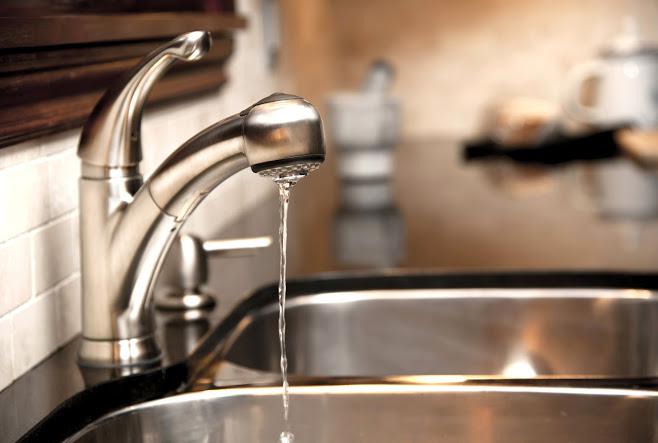
Low water pressure is a disruption every householder can do without. We depend on our household water pressure for many everyday activities, from a leisurely shower and washing the dishes to watering the garden. So, when our faucets run at a mere trickle, a ripple effect of inconvenience follows. The annoyance only amplifies when the decrease in water pressure affects firefighting systems that depend on water availability for their functioning.
Identifying and rectifying the elusive causes of low water pressure in a home can be complex. The underlying causes might range from easily-solved issues, like clogged aerators, to more demanding problems such as hidden leaks or compromised water supply lines.
If you experience a gradual loss of water pressure, mineral deposits gradually accumulating within your pipes might be the cause. Over time, this build-up can reduce the available pipe diameter, decreasing the flow of water. This is more noticeable in older properties with steel or iron pipes rather than modern PVC pipes.
When these less complex causes have been dismissed, it’s time to consider whether the issue could be a symptom of a much more significant problem such as a leaking or burst pipe. Hidden leaks or a pipe rupture could be wasting gallons of water, impacting both your water pressure and your utility bills.
If low water pressure issues persist, the help and assessment of a professionally trained plumber become indispensable. With their qualified expertise and equipment, they can effectively diagnose and repair any plumbing system, leaving your household with an optimised and efficient water supply.
Water Heater Issues
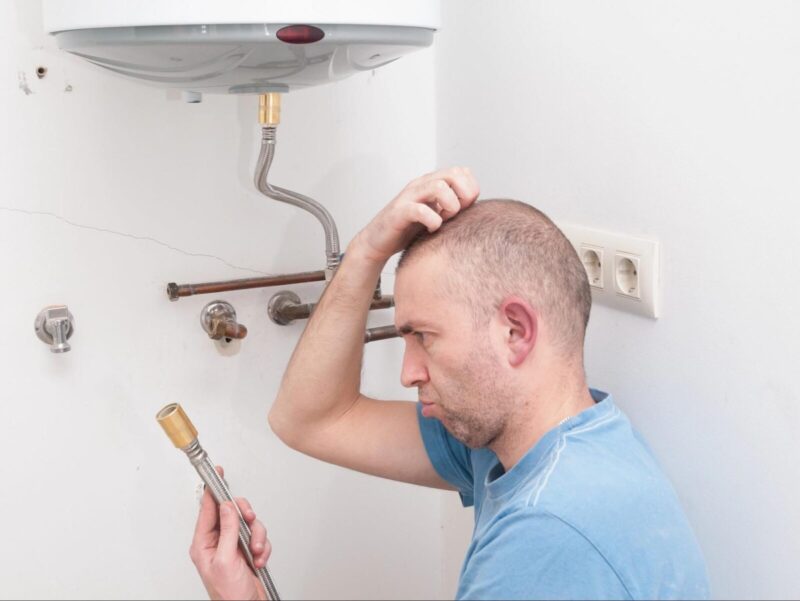
The importance of a functional water heater in any home can never be underestimated. Providing warm water for showers, laundry, and dishwashing, this often-overlooked appliance contributes significantly to our domestic comfort. Keeping an eye out for the early warning signs of water heater problems can help protect your home from potential damage and secure a continuous warm water supply.
Some common signs of water heater problems include a markedly inconsistent water temperature, strange noises emanating from the heater, obvious leaks, or even rusty or impure hot water. Ignoring these warning signs may not only lead to a cold shower but also an energy-inefficient system that skyrockets utility bills.
A severely neglected water heater can veer drastically from its primary function, turning instead into a residential hazard. A faulty heater might leak or release water that could flood your home in extreme cases. On rare occasions, the built-up pressure from a defective water heater could even cause the tank to burst, an issue which can result in significant damage.
Regular maintenance checks are essential to ensure your water heater is in peak operational condition. Beneficial maintenance practices include periodically flushing out the tank to clear any built-up sediment, which can restrict heat transfer and lower your water heater’s efficiency. Having a professional conduct these checks is always the best choice. They provide a comprehensive check and maintenance service while also being well-equipped to advise you on the requirement of a heater replacement, if necessary.
Sewer System Backups
When it comes down to plumbing problems, few are worse than a sewer system backup. A scenario involving untreated sewage invading your home can be not just distressing but hazardous to your health. Warning signs of potential trouble, such as multiple drain clogs, unusual noises, or a persistent foul odour permeating the home, should never be ignored. If you need clarification on the severity of the issue, understanding plumbing emergencies explained can offer valuable insights into when immediate action is required.
The untreated sewage emerging from a sewer backup brims over with harmful pathogens, viruses, and bacteria. Prolonged exposure to these harmful substances can lead to severe illnesses among household members. Therefore, swift and professional action should be taken to remedy the issue.
Several potential causes can lead to sewer system backups, including tree root intrusion, accumulated grease, and large, foreign objects blocking the sewer pipes. By implementing preventive maintenance measures, you can avoid these disruptive, costly, and potentially dangerous plumbing scenarios.
Even something as simple as ensuring proper disposal of cooking grease can make a significant difference. Additionally, annual inspections of your sewer lateral and incorporating measures such as root removal can prevent tree root intrusion, an often underestimated issue among homeowners.
In short, maintaining the health of your sewer system is worthwhile, as it prevents potential health hazards and maintains the cleanliness and comfort of your home. Employing a professional plumber at the first sign of trouble ensures that your sewer system is handled safely, correctly, and effectively.
Conclusion
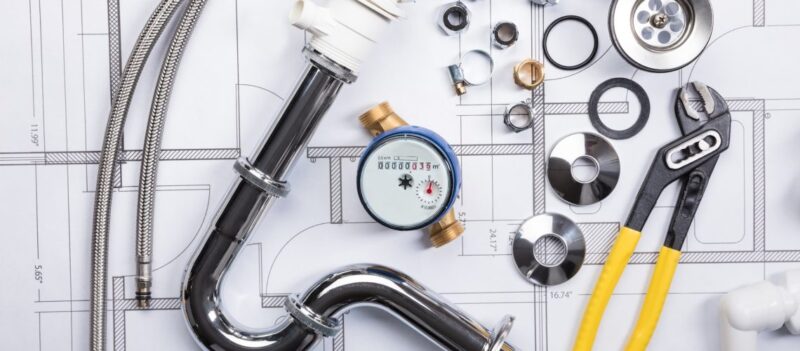
Addressing essential plumbing issues as soon as they arise does more than just keep your home running smoothly. It helps avoid the more significant headaches of expensive emergency call-outs, builders tearing down walls to reach a damaged pipe, or the stress of arriving home to find a freshly-formed indoor swimming pool.
Early intervention and regular maintenance might initially seem tedious; however, the long-term benefits are undeniable. It provides cost savings and enhanced safety and peace of mind that can only come from knowing you have a well-maintained, efficient home.
Employing regular maintenance checks and watching for the warning signs of potential issues can go a long way in preventing any major plumbing emergencies in your home. And remember, while it can be tempting to try and fix all your plumbing issues yourself, some cases demand the expertise of a professional plumber. In those scenarios, getting the experts in’s always safer and often cheaper in the long run.
In conclusion, a more nuanced awareness and understanding of your plumbing system and the common issues it can face can be your best weapon against future plumbing problems. Every homeowner has a story to tell when managing their property. By sharing these experiences, you not only contribute to your understanding but also help equip those around you with critical management skills. So, whether it’s a simple solution to saving water or a serious plumbing emergency, your experiences can contribute significantly to the broader community’s knowledge.
